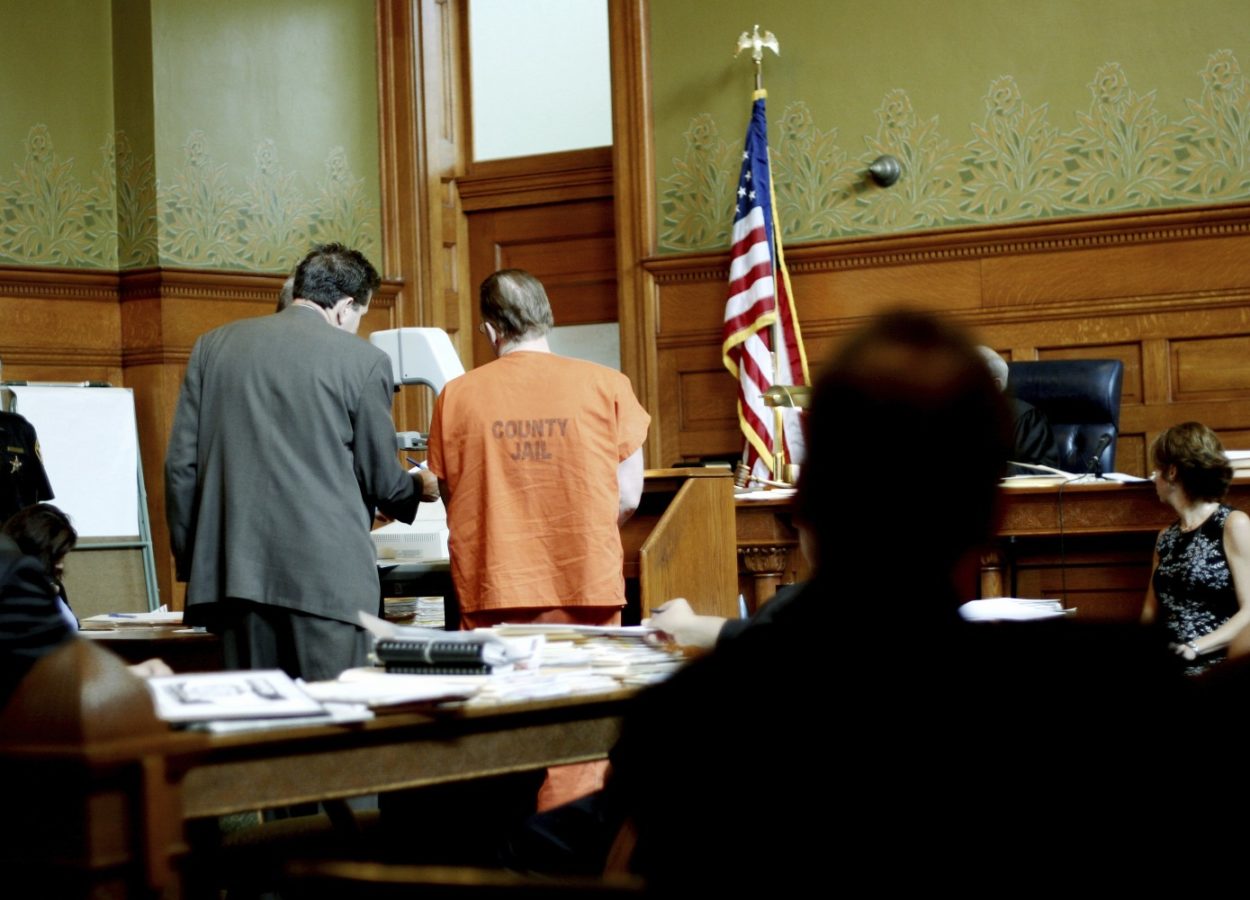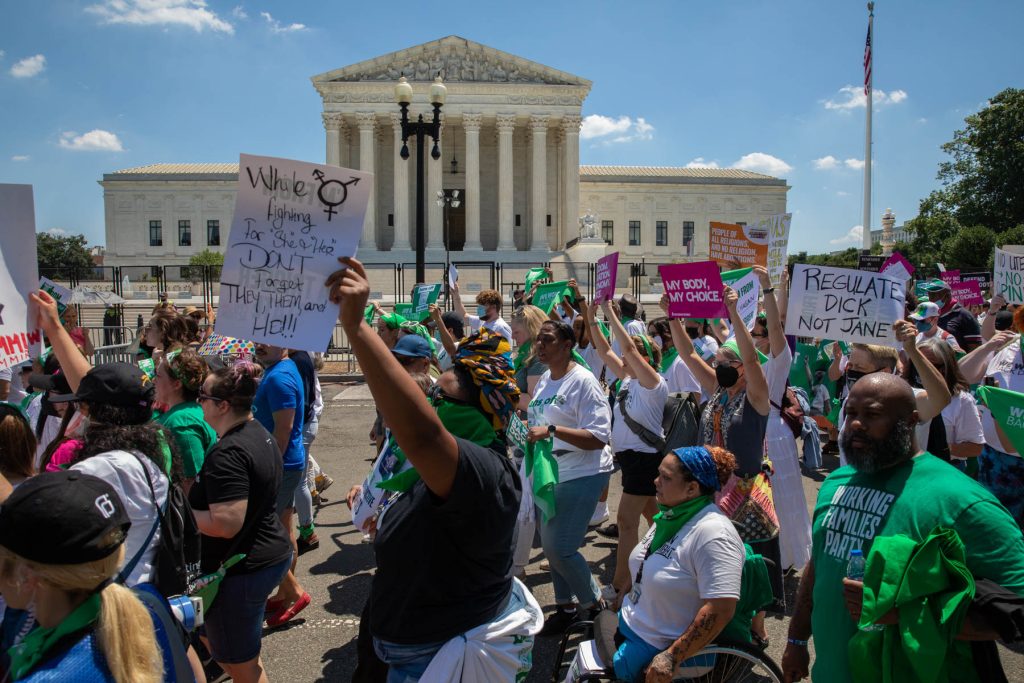Ahead of oral arguments scheduled next month, Gov. Michelle Lujan Grisham’s office submitted written arguments to the New Mexico Supreme Court this week, asking the court to compel the governor to increase the number of inmate releases amid the COVID-19 pandemic.
The arguments, written and filed by the governor’s lawyer Matthew Garcia, were in response to a petition filed by the ACLU of New Mexico and the state’s Law Office of the Public Defender asking the court to push for a wider spread release of inmates than what the governor has already ordered.
Garcia argued that the petition did not adequately show how Lujan Grisham failed to do her job by not broadening the scope of who can be released, that constitutional separation of powers does not allow the court to order the governor to release inmates and that, despite the petitioners assertions, the governor is not submitting inmates to cruel and unusual punishment by not releasing them.
Earlier this month, Lujan Grisham issued an executive order to release inmates who met a list of narrow criteria, namely only those who were set to be released within 30 days and were not incarcerated for offenses like drinking and driving, domestic abuse or crimes that would brand them a convicted sex offender.
The ACLU and the public defender’s office, on the other hand, argued for a broader release of inmates like those who are in jail for technical probation or parole violations or those who are eligible for geriatric or medical parole.
But Garcia argued that the petition, or writ of mandamus, was out of line because there is no proof the governor failed to do her job.
“Against the weight of this legal authority, the Petition identifies no clearly defined legal duty — either in statute, regulation, or constitutional text — that the Governor has breached,” Garcia wrote.
Further, Garcia wrote, the decision to pardon or communicate a sentence is only up to the governor.
“These clemency powers are discretionary and solely the Governor’s prerogative,” he wrote.
A similar argument was also filed by Otero County District Attorney John Sugg on behalf of the state’s District Attorneys Association.
Garcia also argued that constitutionally mandated separation of powers should prevent the high court from intervening.
The original petition from the ACLU and the public defender’s office argued that inmates would be subjected to cruel and unusual punishment if jail populations are not significantly reduced, thus decreasing the chances of a COVID-19 outbreak.
Garcia dismissed the notion that the governor was subjecting inmates to cruel and unusual punishment in that even though there are infection risks in state jails, the petitioners failed to show that the governor was “deliberately indifferent to that risk.”
“Petitioners’ reluctance to address the substantive legal issues underlying their request is telling,” Garcia wrote. “The truth of the matter is that Petitioners simply disagree with the Governor’s handling of the COVID-19 pandemic and would prefer that inmates be released at a higher rate. However, disagreement over policy decisions does not give rise to a constitutional violation.”
Besides the governor’s office and the District Attorneys Association, New Mexico Attorney General Hector Balderas also filed a response, largely aligning with what Garcia wrote.
Attached to Garcia’s argument, as an exhibit, was an affidavit from Corrections Department Secretary Alisha Tafoya Lucero. In her affidavit, Tafoya Lucero said since the governor’s April 7 order to release inmates, the department has released roughly one to three inmates a day and that she expects there to be more. As of April 23, Tafoya Lucero said, 23 inmates have been released. She also said corrections staff have been cleaning “high-touch surfaces” and educating inmates and staff on proper precautions and procedures. But her statements seem to partially contradict what an inmate told New Mexico In Depth earlier this week.
The same day the governor’s office filed its response, the Washington state Supreme Court ruled 5-4 in favor of Washington Gov. Jay Inslee in a strikingly similar case.
The New Mexico Supreme Court will hear oral arguments from both sides on May 4.



















